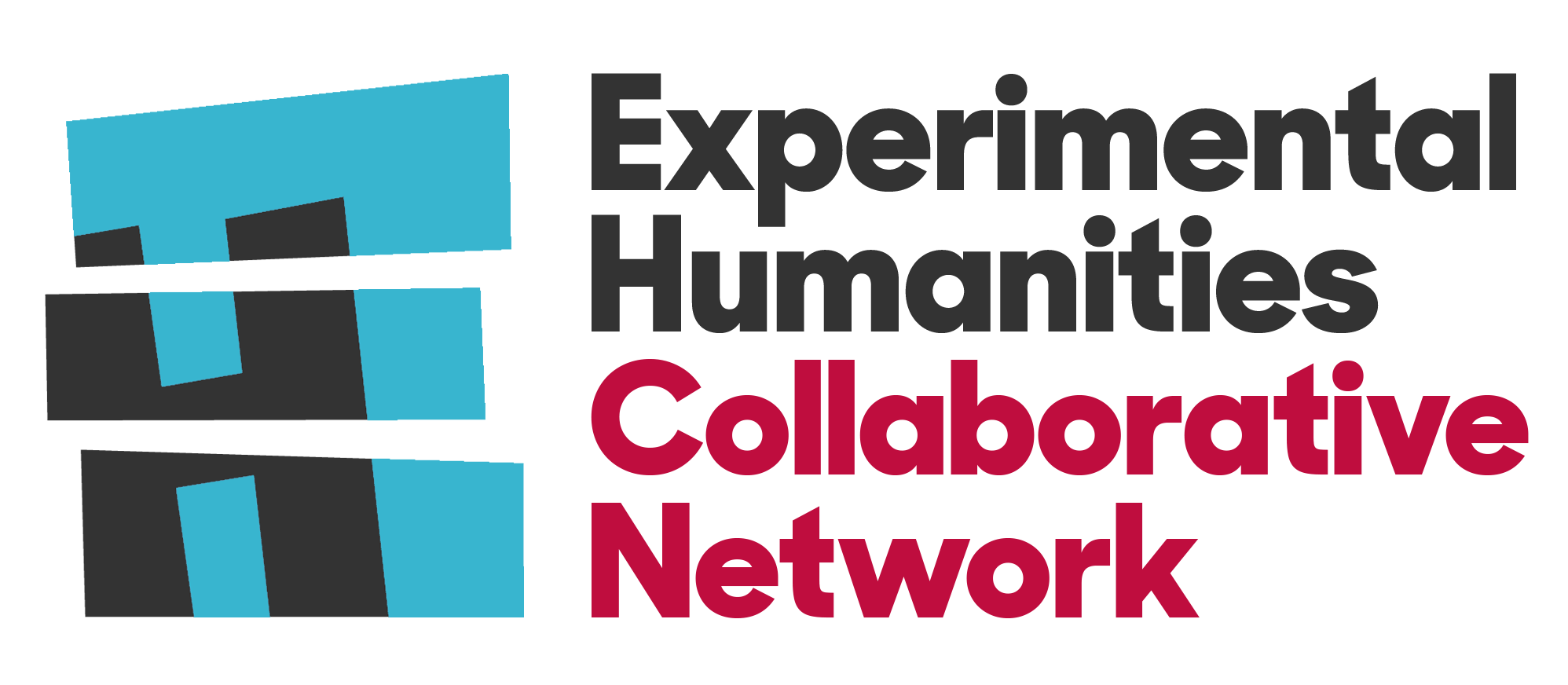Welcome to The Experimental Humanities Collaborative Network
To Be—Named: Across Borders
On June 17-18th 2021, Recovering Voices held the workshop To Be – Named: Across Borders, a two-day, interdisciplinary, international workshop on language, politics, and the logics of personal names. The workshop focused on how names are defined by or travel across borders and scales, including (un)translatability, losing names, separation between people and names, violence, ethics and the forced change of names, and scalar shifts—from the local, to the national and the global. Three sessions were held at different times over the two-day period to include participants from different time zones in Asia, the United States and Europe. Each session included synchronized bi-lingual multi-channel translation between English and Spanish to ensure we operated as a multilingual environment. Participants represented 14 different countries and languages, and included the following scholars:
Jesse van Amelsvoort (University of Groningen, NL, co-organizer)
Gwyneira Isaac (Smithsonian Institution, US, co-organizer)
Genner Llanes Ortiz (Leiden University, NL, co-organizer)
Ann Ang (University of Oxford, UK / Singapore)
Miguel Angel Oxlaj Cumez (poet and teacher, Guatemala)
Estercilia Simanca (writer and lawyer, Wayuu people, Colombia)
Ellen Bramwell (University of Glasgow, UK)
Maria Bucur (Indiana University, Bloomington, US)
Joey Chin (artist, poet, Singapore / Hong Kong)
Szabolcs Laszlo (Indiana University, Bloomington, US / Romania)
Janis Oga (University of Latvia, LV)
María Fernanda Olarte-Sierra (University of Amsterdam, NL / Columbia)
Kọlá Túbọ̀sún (linguist, writer, activist, Yoruba people, Nigeria)
Sylvia Ngo (George Washington University, US)
The culminating session synthesized group discussions, exploring how current-day naming practices speak to contemporary nationalism and globalization. What do they make visible what otherwise remains difficult to see and grasp? The outcome will be an edited special journal edition on exploring ways for scholars and activists to strengthen resistance to exploitative cultural practices and how names and naming relate to other sites of struggle and help to build alliances.

